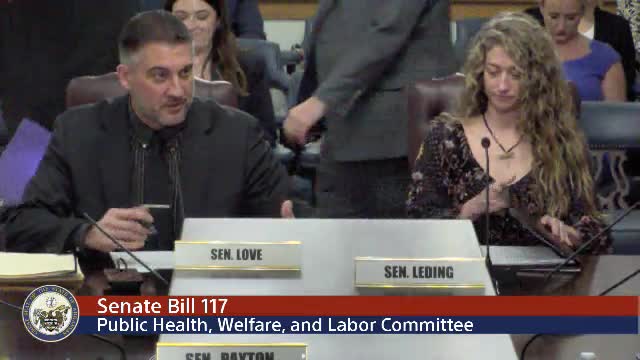Article not found
This article is no longer available. But don't worry—we've gathered other articles that discuss the same topic.
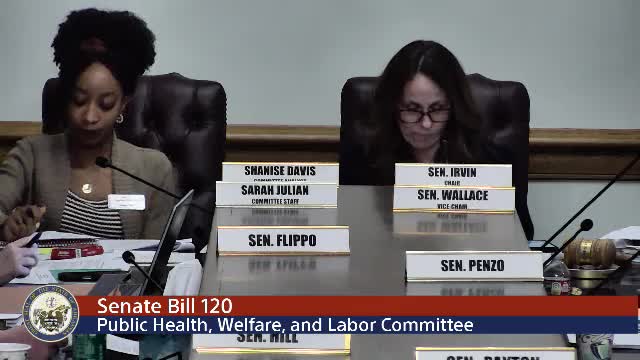
Committee backs bill extending home‑care licensure and training to private‑pay providers
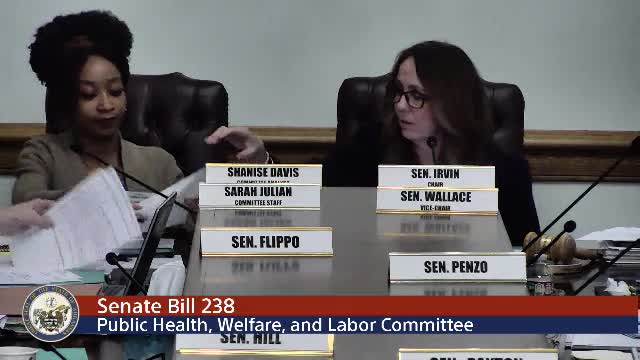
Committee approves bill to restructure tire recycling fee to shore up program funding
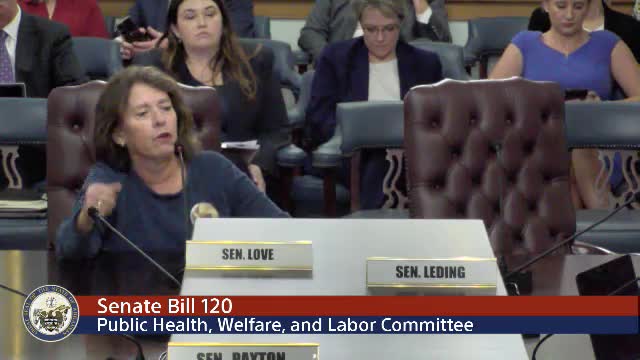
Senate committee rejects bill to raise workers’ compensation attorney fee caps
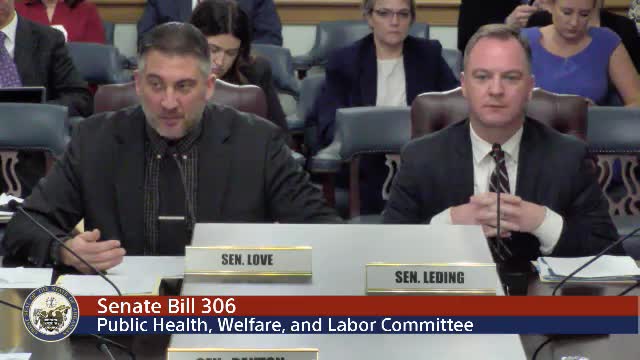
Committee rejects bill directing DHS to redesign home‑and‑community waiver to favor aging in place
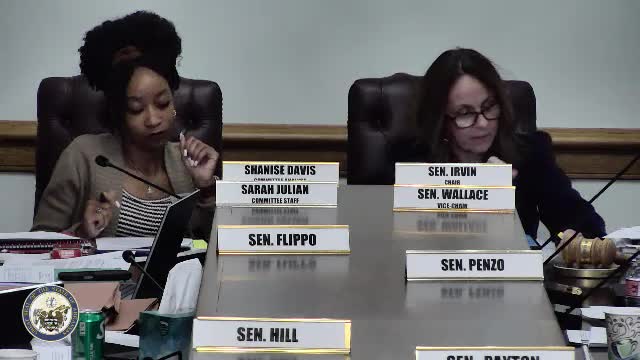
Committee approves higher Medicaid diagnostic lab cap for chronic‑pain patients
